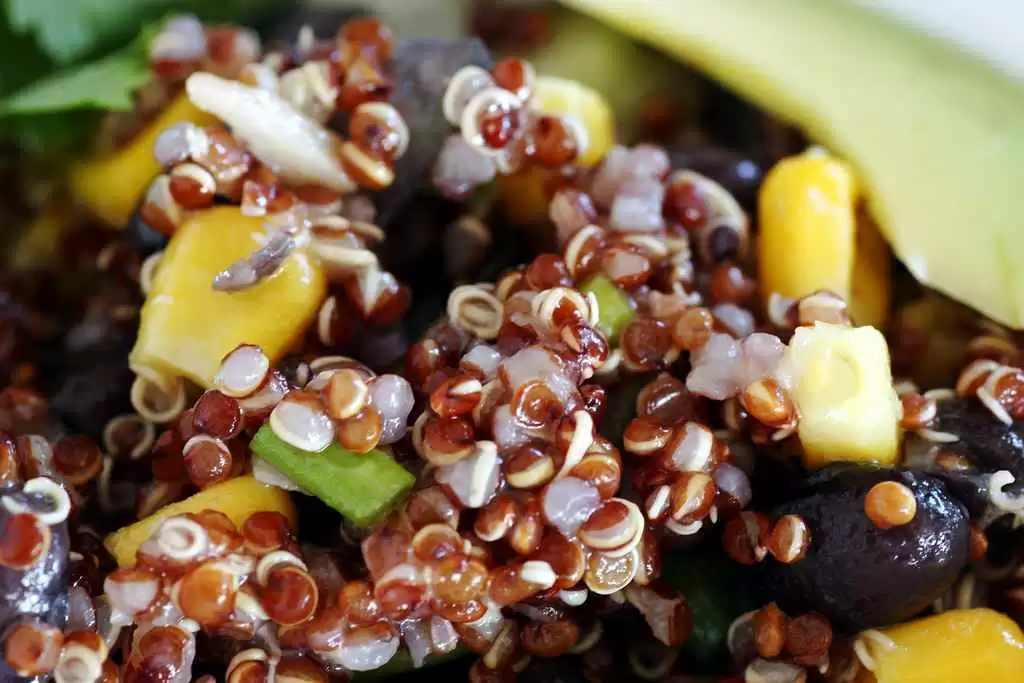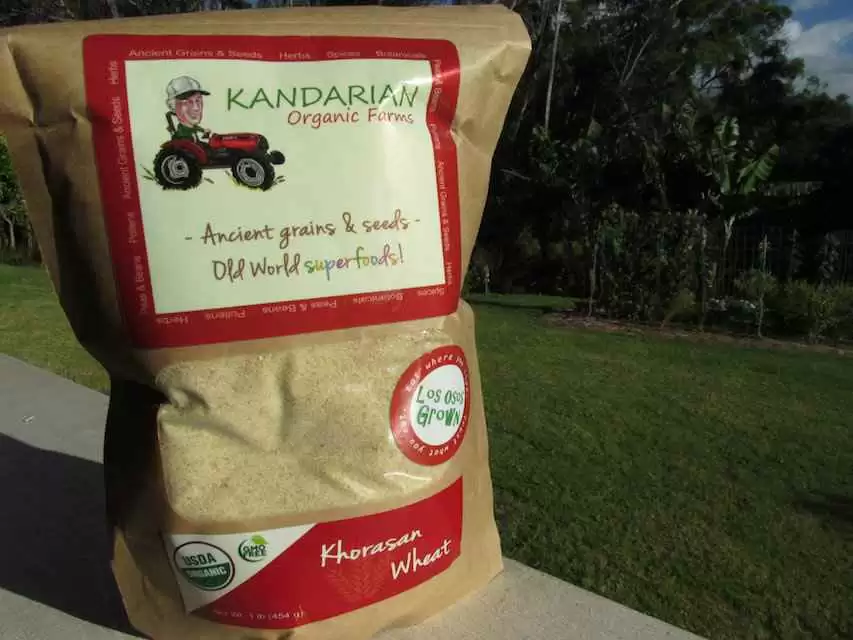
Celiac.com 07/03/2020 - In the USA Maltodextrin is generally made from potato, rice or corn, and the "malt" used in the process is not barley malt. So, in the US, maltodextrin is gluten-free and safe for people with celiac disease, and Celiac.com includes maltodextrin on our Gluten-Free Safe Food & Ingredients List.
According to US regulations, maltodextrin, gluten, gluten-free, safe, celiac, disease, Sec. 184.1444, "Maltodextrin" is a "non-sweet nutritive saccharide polymer that consists of D-glucose units linked primarily by [alpha]-1-4 bonds and has a dextrose equivalent (DE) of less than 20. It is prepared as a white powder or concentrated solution by partial hydrolysis of cornstarch, potato starch or rice starch with safe and suitable acids and enzymes."
Celiac.com Sponsor (A12):
While USA regulations permit maltodextrin to be made with wheat, it is very rare. Also, maltodextrin made with wheat will be labeled as "wheat maltodextrin" or "maltodextrin (wheat)." Any product that contains wheat should also have 'wheat' listed on the allergen disclosure.
For some people with celiac disease, especially those who are still in the process of healing the gut, gluten-free additives, like maltodextrin, can sometimes cause discomfort.
If maltodextrin, or other additives in processed foods, bother your gut, it's better to stick with simple, whole foods until the gut is fully healed. At that time, it's okay to test your sensitivity again, and to add back ingredients that seem to agree with you.









Recommended Comments
Create an account or sign in to comment
You need to be a member in order to leave a comment
Create an account
Sign up for a new account in our community. It's easy!
Register a new accountSign in
Already have an account? Sign in here.
Sign In Now